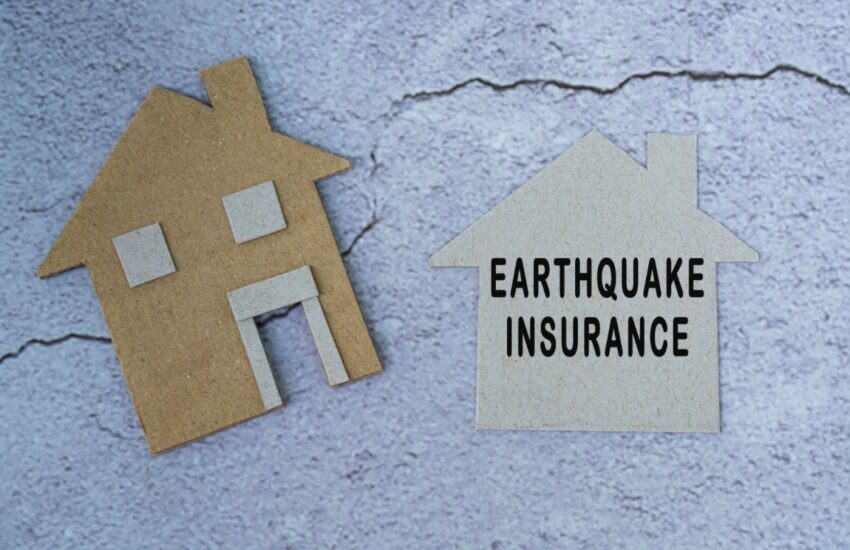Let’s talk about earthquake insurance. I’ve been there, staring at the premium quotes, wondering if it’s worth the cost or just another bill I don’t need. I mean, earthquakes feel like one of those “it won’t happen to me” things—until it does. So, is earthquake insurance essential, or is it just an unnecessary expense? Here’s my take.
What Makes Earthquake Insurance So Expensive?
First, let’s talk about the cost. Earthquake insurance isn’t cheap, and the price tag depends on a few key factors. Where you live is a big one. If your house is near a fault line, like mine is here in California, you’re going to pay more than someone in a low-risk area. It’s like living in a flood zone, you’re just closer to the danger.
Then there’s your home itself. Older homes, especially those made of brick or unreinforced masonry, cost more to insure because they’re more likely to get wrecked in a quake. My house is newer, so my premiums aren’t as bad, but I still had to think hard about whether it was worth it.
And don’t even get me started on deductibles. You can lower your premium by choosing a higher deductible, but that means you’ll pay more out of pocket if something happens. It’s a trade-off, and honestly, it feels like a gamble. I once heard someone compare skipping earthquake insurance to driving without airbags. Sure, you might never need them, but if you do, you’ll be glad they’re there.
Are There Other Ways to Protect My Home?
If the cost of earthquake insurance makes you cringe like it did for me, there are other options. One thing I looked into was seismic retrofitting. It’s basically giving your home a workout—strengthening the foundation, securing heavy furniture, and reinforcing walls. It’s not cheap, but it can reduce damage and might even lower your insurance premiums. Plus, it gives you peace of mind, which is priceless.
Another option is federal disaster assistance. FEMA can help after a major quake, but their grants usually max out around $30,000. That might sound like a lot, but if your home is seriously damaged, it won’t go far. And SBA disaster loans? They have to be paid back, so it’s not exactly free money.
Some people I know set up a dedicated savings account for earthquake repairs instead of paying for insurance. It’s a smart idea if you’re disciplined, but it’s also a big “what if.” What if the quake hits before you’ve saved enough? What if the damage is worse than you expected? It’s a risk, and I’m not sure I’m brave enough to take it.
Should I Get Earthquake Insurance?
Here’s the thing: earthquake insurance isn’t a one-size-fits-all solution. For me, it came down to my location, my home, and my financial situation. I’m in a high-risk area, and my home is my biggest investment, so I decided it was worth it. But if you’re in a low-risk zone and your home is newer and sturdy, you might decide to skip it.
At the end of the day, earthquake insurance is just one piece of the puzzle. It’s not just about paying premiums, it’s about being prepared. Whether that means retrofitting your home, building an emergency fund, or just having a solid emergency plan, the goal is to protect what matters most.
So, is earthquake insurance worth it? For me, yes. But more importantly, are you ready if the ground starts shaking? That’s the real question.
References
California Earthquake Authority. (2023). “Understanding Earthquake Risk.” https://www.earthquakeauthority.com/California-Earthquake-Risk
Insurance Information Institute. (2022). “Earthquake Insurance for Homeowners.” https://www.iii.org/article/earthquake-insur

